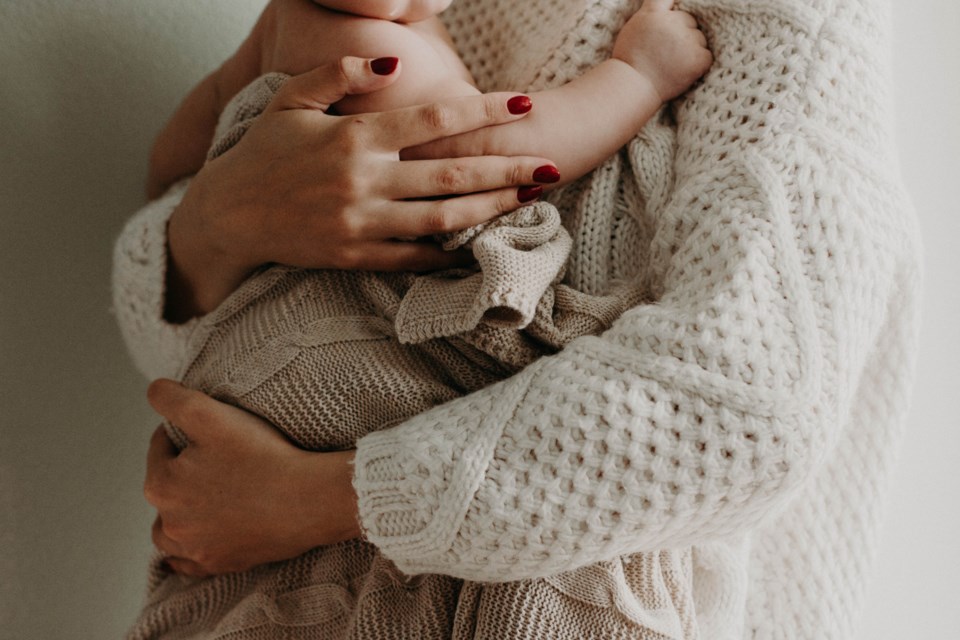THUNDER BAY — Stereotypes and stigma around the subject of women having children have been ingrained into societal norms for generations, but there's not a lot of research surrounding the topic of mental health of those who choose to be childless.
A doctoral student in the clinical psychology program at Lakehead University, Erika Puiras, is studying the potential mental health consequences imposed by the stigma associated with choosing to be child-free.
Puiras has been recognized for her work in the early stages of her study with the 2023 Women’s Health Scholars Award, valued at over $35,000. The award recognizes groundbreaking research at universities across the province. This money will help Puiras continue her study on those who intentionally choose not to have children.
In the first stage of the study, Canadian and American women were asked if they had ever experienced outside influence over their choice not to have children, with 90 per cent of the over 200 respondents reporting they had.
According to Puiras, themes that arose from Stage 1 results showed that women experienced the stigma of choosing not to have children in various parts of their lives, including in the workplace and in medical settings.
What became eye-opening in the early stages of the study was that the severity of the unsolicited opinions varied from mild disrespect for a woman's choice to "extreme violence, including threats of rape to forcibly impregnate the women as a 'solution' to their child-free status," said Puiras.
Other parts of the study also looked at the participants' experience with the medical system, with Puiras saying that there can be a lot of distrust towards an institution which is supposed to aid in one's healthcare.
She noted that one participant was experiencing her period for over three years, but doctors didn't want to sterilize her with the concern that someone would want to have a baby with her in the future.
Puiras says this can create a lot of distrust of the medical system. In this instance, it was the prejudice from the medical professional that the patient's choice wasn't respected for years. The choice to procreate wasn't left to the patient but instead to a hypothetical future person and situation. Eventually, the patient was sterilized to end her ongoing menstruation and pain.
The second phase of the study is an open survey asking women if they've internalized any of the stigmas. The doctoral student explains, "You see all this stigma around you, you might start to internalize some of the messaging you're getting and start to believe it."
Puiras says the survey is asking child-free women if they have thoughts that "they are being selfish, or they're not a 'real woman' if they're not a mom, or that they aren't worthy."
It's this part of the study that will allow Puiras to glean more insight into the mental health of women who choose to live their lives without children and the internal and external implications that come with it. The public survey is available HERE to fill out and will remain completely anonymous.
Even though there is still much of the study to be completed, Puiras said one consistent message keeps cropping up.
"The women who've participated so far want the message to get across that their worth as a woman isn't based on whether or not they have children," she said. "That's just the message that I'm trying to share as much as possible, because I think it sums up pretty much everything that I'm hoping to do here with this work."
Part three of the study is expected to start in the fall, including lengthy interviews with participants who will be compensated for their time.
